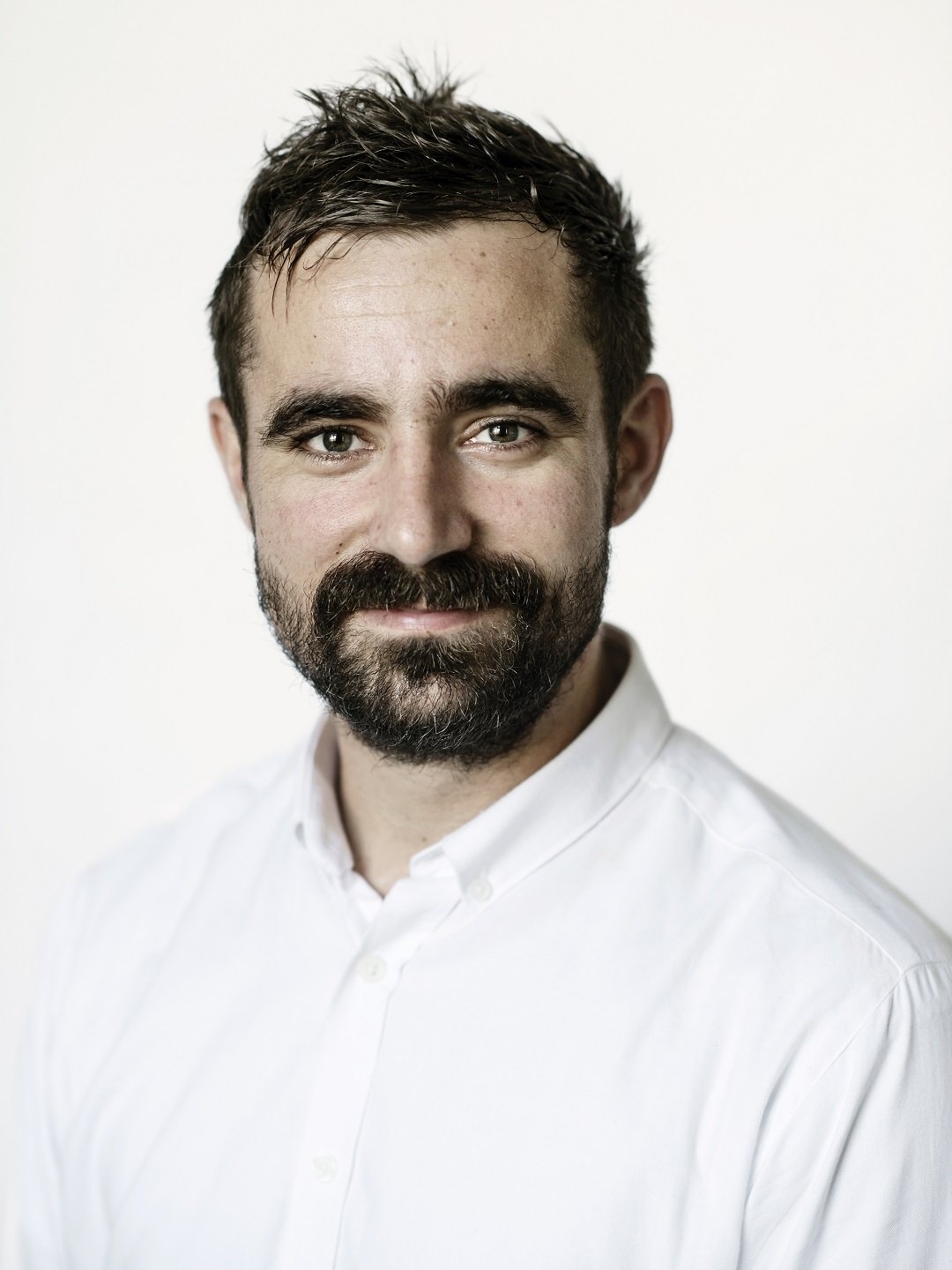Universitetsavisen
Nørregade 10
1165 København K
Tlf: 21 17 95 65 (man-fre kl. 9-15)
E-mail: uni-avis@adm.ku.dk
Ph.d.-forsvar
Ph.d.-forsvar — Frederik Kristoffer Albris defends his PhD thesis "Disasters as Usual. The Public Life of Recurring Floods in Dresden".
Date & Time:
Place:
University of Copenhagen, Centre for Health and Society, Department of Anthropology, Room: 1.1.18, Øster Farimagsgade 5, 1353 Copenhagen K.
Hosted by:
Department of Anthropology
Cost:
Free
Candidate
Frederik Kristoffer Albris
Title
“Disasters as Usual The Public Life of Recurring Floods in Dresden“. A copy of the the dissertation is available for reading at the department, please contact Vicki Antosz, room 16.1.50.
Time and venue
16 May 2017 at 14:00. University of Copenhagen, Centre for Health and Society, Department of Anthropology, Room: 1.1.18, Øster Farimagsgade 5, 1353 Copenhagen K. The Department of Anthropology will host a reception after the defence in building 33, room 33.1.19. Kindly note that the defence will start precisely at 14:00.
Assessment Committee
Abstract
Disasters have been conceptualized both as events that impact society from the outside and as processes that result from historically-produced patterns of vulnerability in society. In other words, disasters both change society and are produced by it. In seeking to go beyond this dual ontology, the thesis examines how disasters become usualised by being made subject to sustained public concern. Such an approach examines disasters not merely as catalysing or catalysed events, but instead as culture. Through eleven months of ethnographic fieldwork, the thesis examines the afterlife of disasters in the city of Dresden, Germany, after it experienced what disaster historians call a disaster memory gap between 1941 and 2002, during which no major floods occurred in the city. By pointing out how three recent recurring flood events in Dresden have prompted a variety of political debates, new public memories, and changes in social norms, the thesis argues that the intertwinement between society and disasters forces us to look at adaptation to natural hazards as involving more than mitigation or risk reduction strategies.
